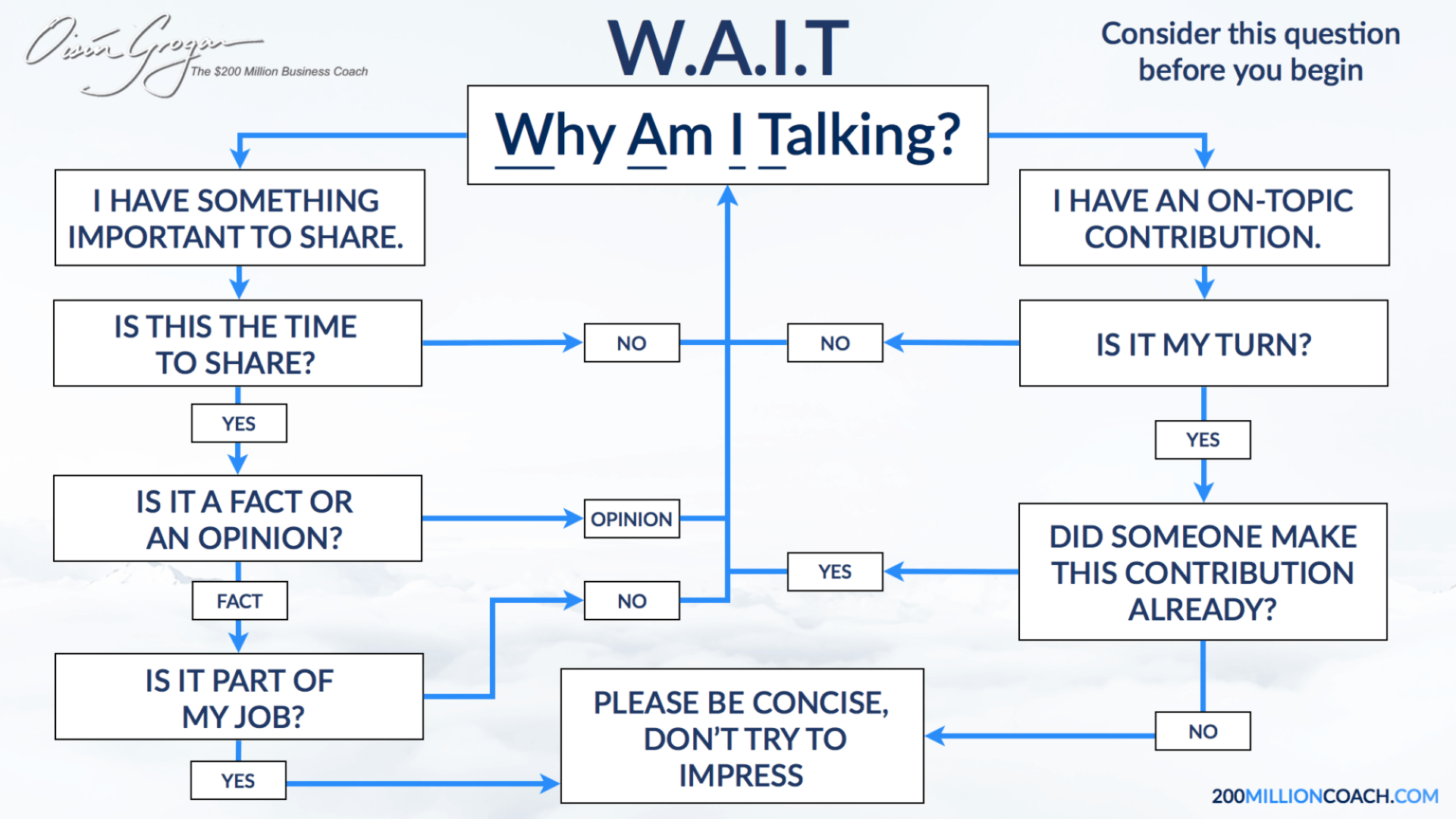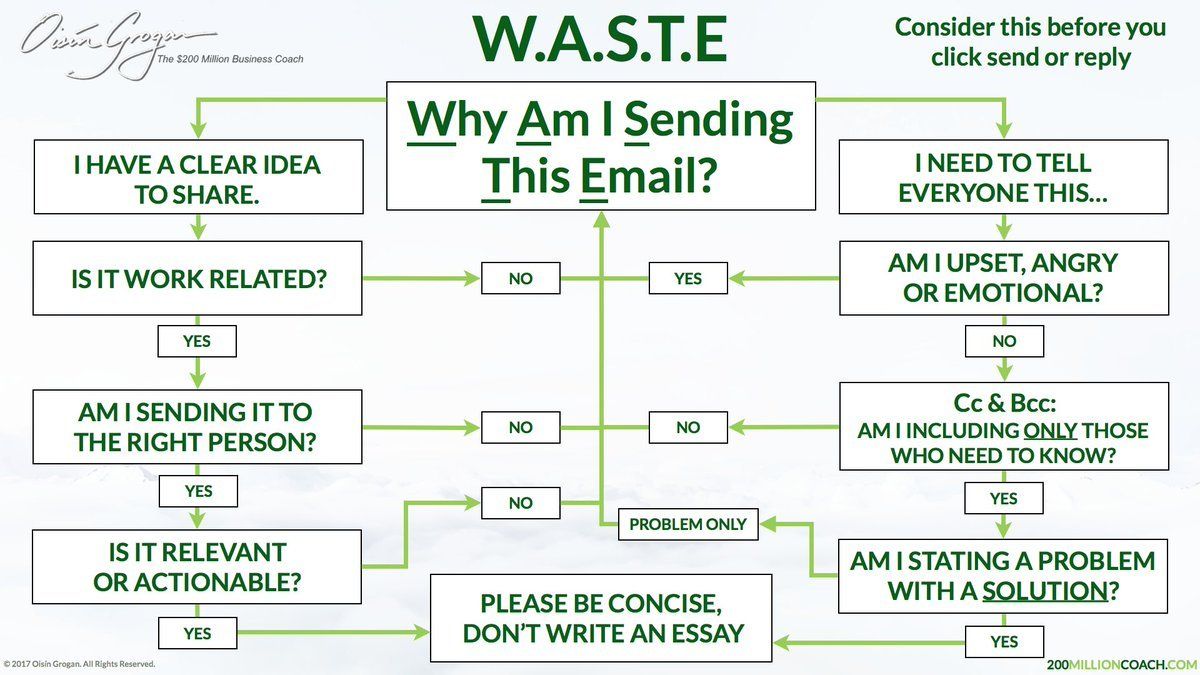Training Session #5Skill Session: Communication
OBJECTIVES
- To gain experience and feedback on your ability to be a good listener
- To gain experience and feedback on what it feels like to be in a conversation with you
EQUIPMENT
Have a notebook ready to write down any points made in the videos that strike you as particularly pertinent to your further growth as a Collegiate Chaplain/Character Coach.
WORKOUT
Watch the following videos and reflect on the questions. You will discuss them with your coach.
- How naturally empathetic of a person are you? Discuss examples of how you can grow in the four areas universal to empathy that Brene mentioned: perspective taking, staying out of judgement, recognizing emotion in other people, and communicating that recognition.
- Have you ever had someone rebuttal your difficulty with an “At least” statement or an attempt to “silver lining” your experience? How did it make you feel? Why do you think we have a tendency to do that?
- What are some circumstances that sports people on campus might face that you could be tempted to “silver lining”? How can you intentionally avoid that temptation and choose an empathetic response?
“It’s a huge misconception that more talking equals better communication”. So let’s move from abstract to concrete.
- What does it feel like to be in a conversation with you?
- What facial expression do you typically wear in a conversation?
- Do you get caught up in details or can you hear the big picture idea/emotion? How do you successfully employ that skill?
- Do you have tendencies to rebuttal or make conversations about you or your topic (hint: ask an honest friend or spouse)? How can you grow in that area?
- On a scale of 1-10, how would you score yourself at being concise when you speak and then tossing it back to the other person?
- Have you ever had someone followup on something you said? How did it make you feel?
Once we have gained confidence and competence in being a a caring and effective listener, let’s consider how to ask good questions of others.
- What are some fact, passion, and heart level questions that could be your “go-to” questions for athletes? For coaches?
How you carry yourself matters.
- What does "professionalism" look like within your context? In what areas do you have room to grow?
- How would you judge your ability to tell good stories? How would you judge your ability to be concise and “bottomline” it? Why do you suppose this is so?
- In what circumstances might BLUF be a necessary skill? Why do you suppose this is valuable to sportspeople, particularly coaches?
Here's some final thoughts....
REPLAY
We are in a vocation that requires empathy. To listen with empathy is to hear the other person’s perspective without judgement. We must be able to recognize emotion in other people and communicate it back to them. We tend to try and make things better. But what the person really needs is connection, someone to listen.
So how can we become better listeners?
- Feedback - nonverbal feedback “showing” them you are fully there. Listen with your face. Give them verbal feedback too
- Listen for Big Picture - the big picture idea or the big picture emotion
- Stay on them - as a person and their topic
- Be concise - if you take a talking turn, limit what you say then ask another question
- Take action - followup somehow
We may have to prompt others through good question asking in order to deepen relationships and listen with empathy. Good questions can be asked on three different levels:
- Facts - What are some basic things about them?
- Passions - What do they care about? What is important to them?
- Heart - What is at the core of who they are?
Lastly, fair or not, first impressions have lasting impact. How we dress, our body language, and the ability to be concise will determine if we are seen as "professional" by some of the people we serve.
PRACTICE
Provide this rubric
for initial feedback to somebody that you interact with daily or very frequently. Ask them to evaluate you honestly on a scale of 1-5. Then take the rest of the week to work on whatever areas you would most like to improve as well as learning to ask good questions on three levels. Finally, seek followup feedback from the same individual on your improvement in these skills.
**If you would like to let multiple people who are close to you know what you are working on, your practice could be more effective as they provide you realtime feedback.**
DEBRIEF
Write a reflection on this experiment. Include the initial feedback, what skills you were determined to grow, how you went about learning and practicing, the results of the final feedback, and your perspective now. Turn in below.
OVERTIME
- Video: Improve Listening Skills (6:35) - additional video by Dr Alex Lyon exploring how to show people they matter, listen to understand, following along, and practical action steps
- Video: Barriers to Effective Listening (5:38) - additional video by Dr Alex Lyon exploring distractions, preoccupation, maintaining focus, rebuttal tendencies
- Resource: No Filter Heart Study is a 12 week Bible Study through the Sermon on the Mount intended for active social media users who want to understand their own usage and their hearts behind it. Written by Jolee Paden and Lydia Martinelli (two FCA staff members)



